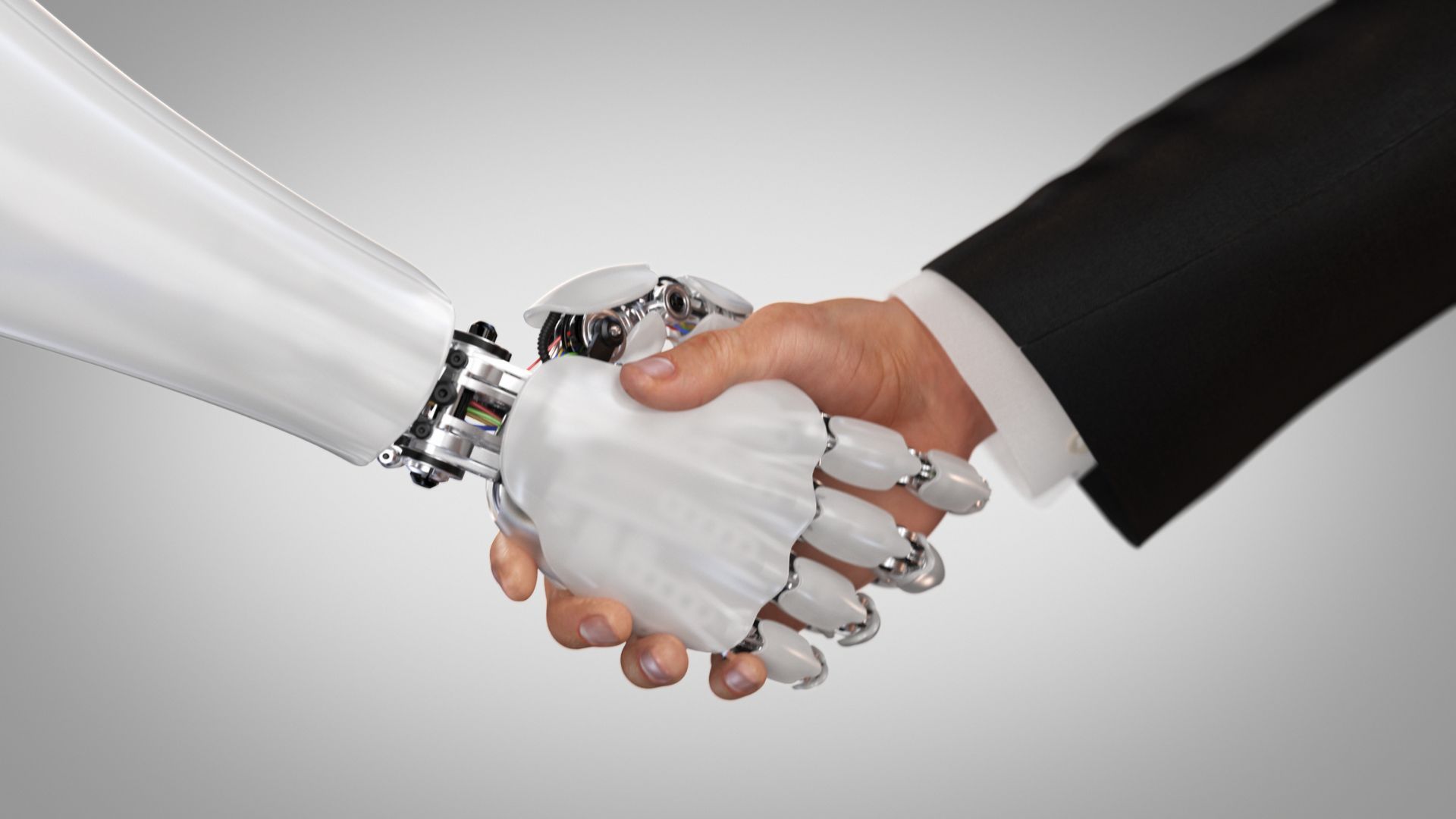Hybrid working: is it still an advantage in 2023?

When the pandemic begun in 2020, majority of employees were forced out of the office and into their homes to work remotely. However with the return to normality in the last year, there are still many people and companies that now prefer a hybrid work schedule over full-time in the office. But with the world of work continuing to evolve post-COVID and the hybrid working model being here to stay, do the benefits outweigh the disadvantages?
What is hybrid working?
Hybrid working is a work arrangement that allows employees to work both remotely and in a traditional office setting, depending on their job responsibilities and personal preferences. In a hybrid work model, employees can choose to work from home or from another location outside of the office, for part of their workweek, while also coming into the office for in-person meetings or collaborative work as needed.
What are the advantages?
Increased flexibility: Hybrid working allows employees to have more control over their work schedules and to balance their work and personal lives more effectively. This can lead to increased job satisfaction and improved work-life balance.
Reduced commute time and costs: With hybrid working, employees can work from home or from a location closer to their home, which reduces the time and money spent on commuting.
Improved productivity: Hybrid working can provide a more conducive work environment for certain individuals, which can lead to increased productivity. For example, introverted individuals may find it easier to focus and concentrate on their work in a quiet, home environment.
What are the disadvantages?
Lack of social interaction: Hybrid working can lead to a lack of face-to-face interaction with colleagues, which can impact team cohesion and lead to feelings of isolation.
Difficulty in managing remote employees: Managing remote employees can be challenging, especially if they are not located in the same time zone or country. This can lead to communication barriers and difficulties in coordinating tasks and projects.
Increased reliance on technology: Hybrid working requires a strong reliance on technology, which can be problematic if there are technical issues or if employees are not familiar with the necessary software and tools. This can result in lost productivity and frustration for employees.
Find the job you love I Find the right talent
Get in touch with people2people
Australia
I
United Kingdom
In business since 2002 in Australia, NZ, and the United Kingdom, people2people is an award-winning recruitment agency with people at our heart. With over 12 offices, we specialise in accounting and finance, business support, education, executive, government, HR, legal, marketing and digital, property, sales, supply chain, and technology sectors. As the proud recipients of the 2024 Outstanding Large Agency and Excellence in Candidate Care Awards, we are dedicated to helping businesses achieve success through a people-first approach.
Recent articles





Latest Media Features
List of Services
-
11 tips for employers to succeed in 202511 tips for employers to succeed in 2025
Human Resources Online
February 14, 2025 -
How will advisers’ salaries change this year?How will advisers’ salaries change this year?
Money Management
Janurary 17, 2025 -
Being a supportive employer in 2025Being a supportive employer in 2025
Money Management
January 6, 2025
List of Services
Get in touch
Find out more by contacting one of our specialisat recruitment consultants across Australia, New Zealand, and the United Kingdom.
Copyright © 2025, people2people
people2people acknowledges the Traditional Custodians of country, pays respect to their Elders past and present, and extends that respect to all Aboriginal, Torres Strait Islander and Māori peoples today.
people2people partners with CarbonInvoice to measure and mitigate any carbon emissions associated with the work we do.
Specialisations
Locations
Resources

